Schwarz on Disproportionate Impact of Heat Islands
Associate Professor of Urban Planning Kirsten Schwarz was featured in a Pasadena Star-News article about her work on urban heat islands and public policy. Asphalt and concrete structures in urban areas absorb and radiate more heat than less developed and better landscaped areas with more shade and greenery. Schwarz, part of a UCLA team awarded $956,000 to research heat solutions in Los Angeles, explained that racially motivated policies established in the past impact how people today experience the same weather differently. “There is an uneven distribution of trees across the city, and that can result in an uneven distribution of heat across the city as well,” Schwarz said. “Areas that have uneven impacts are low-income areas and areas of long-term disinvestment.” According to Schwarz, formerly redlined areas are hotter due to less municipal investment in planted streetscapes and parks. She said an interdisciplinary approach is key to understanding and addressing extreme heat in Los Angeles.
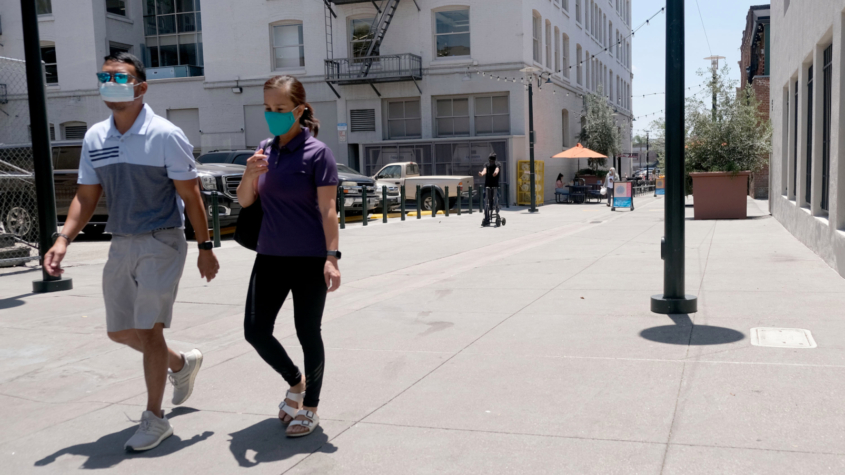
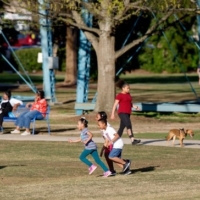
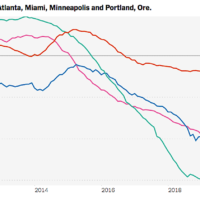
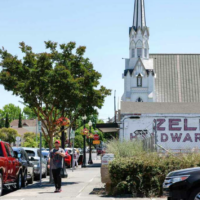

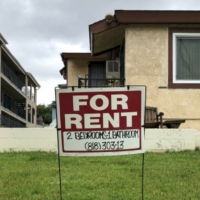
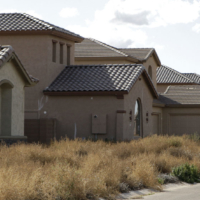



Leave a Reply
Want to join the discussion?Feel free to contribute!